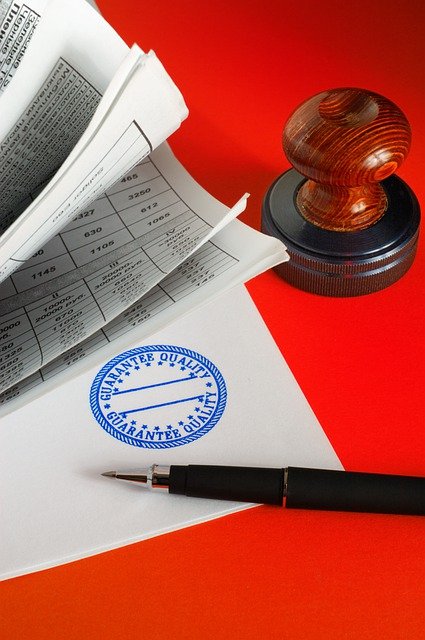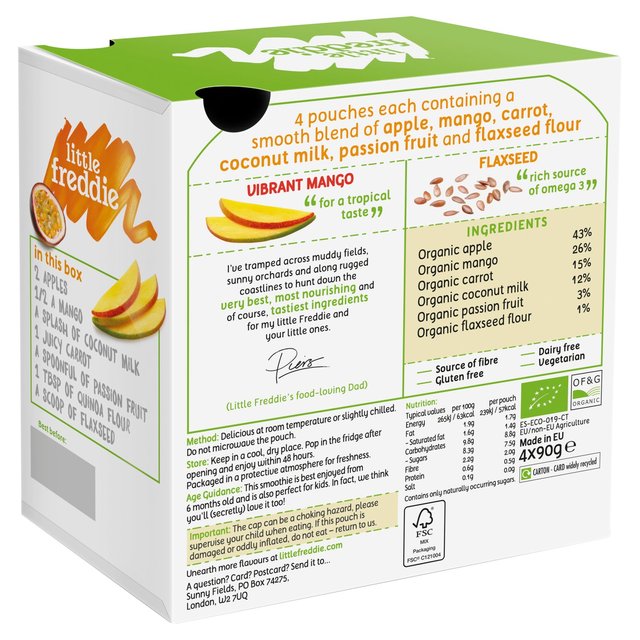EU Trade Requirements Post-Brexit
Five tips for doing business with the EU in 2021
Documentation

When supplying goods to the EU, there is now a need to provide much more paperwork than previously required. Essential documents such as commercial invoices and packing lists must now be provided alongside each consignment to allow goods pass through customs checks.
It is incredibly important that your documents are correct and up to date, and that all the required information is clearly stated. Whereas this has been the case when trading outside of the EU, these requirements such as including your Incoterms, and HS Codes are now necessary for EU trade too. Ensure what you are including here is accurate.
Certificates
Depending on the products you are selling, there may be specific certification requirements that affect your business. For example, you may now be requested to provide health certificates, phytosanitary certificates and certificates of origin/declarations of origin.
Whilst this is normal practice when trading outside of the EU, it is something that you will need to understand for your specific business now for sending goods into other European countries now too. Bear in mind too with this the additional costs and time required to obtain such certificates.

Transparency

When your products reach customs, some of your ingredients may come under more scrutiny than they have before, and you may be required to give information about your product that you deem quite sensitive. For example, recipes and more detailed ingredient information.
Decide how much information you’re willing to disclose and always bear your customers in mind. The more you can do to ensure your customers can clear your goods, the more opportunity you will have to continue trading with the EU. React quickly when your customers are needing assistance with this to avoid goods being held at port and any unnecessary demurrage costs at port.
Labelling
Labelling can often be a headache for exporters, however the need to provide a Food Business Operator (FBO) address on packaging is proving quite the challenge for UK businesses trading with Europe.
The main reason for this is the fact that the FBO address must be within the EU, and a lot of UK suppliers do not have a physical presence in Europe and the ability to put an EU importer of their products, is not a viable option either, resulting in many a sleepless night.
The good news is that there are now solutions out there to help Great British companies overcome this. This is particularly helpful for small businesses who have enough EU demand, a continued desire for continued trade from EU customers but not want or can’t simply afford to fund the creation of an overseas EU entity. Do contact us for more details about our partners offering this FBO service.

New opportunities

Now, we know that this extra documentation, uncertainty in the interpretation of the rules and drastic Brexit changes creates additional work for you, as well as draining valuable time, resources, and budgets. However, if we can bring you one piece of good news, once you have all of this in place this can help you to be more globally trading proficient and thus can literally open up a whole new world of opportunities.
Similar trade requirements are already in place to trade with other countries around the world. Once you have a better understanding of trading with Europe under the latest rules, you may want to start exploring new markets to enter.
Summary
As we said, we don’t claim to have all the answers to your post-Brexit problems, but we hope we’ve reassured you that you’re not the only ones in this situation.
Our main piece of advice is to double and triple check your paperwork. Make sure your existing documentation meets the EU trade requirements, that you obtain the certificates required, your packaging is compliant, and you are as transparent as you feel comfortable with when disclosing information about your products.
If you would like to upskill and take some personalised professional advice on your own EU trading in 2021 from international trade advisors such as Bolst Global be sure to check out the SME Brexit Support Fund. Contact us here or below to request more details on this.
And the silver lining? If you can do all that for the EU, then you can do it for any potential market where there’s demand in the longer term.
We’re offering UK companies the chance to meet with our team for a one-on-one Brexit consultation to help address any worries that you have about continuing, or starting, to trade with the European Union. If you’re interested in finding out more then please do not hesitate to get in touch with us to book in your consultation.
And one final word on this from our Founder, Victoria, “Embrace the change if you can as it really does open up a whole world of opportunity outside of Europe.”
Useful resources
To make your life that little bit easier, we’ve compiled some really useful resources to guide you on the latest EU trade requirements.
General UK government advice
https://www.gov.uk/guidance/
Specific support for Great British food and drink companies exporting to the EU
https://euexitfoodhub.co.uk/
The need for a health certificate with a dairy composite product?
More details on composite foods and exemptions
The Rules of Origin self assessment tool (ROSA)
https://trade.ec.europa.eu/
Claiming preferential rates of duty
Using the Trade Tariff Tool for your commodity code
https://www.gov.uk/guidance/
Access to the Trade Tariff Tool to assess commodity code, VAT and duties owed
https://www.gov.uk/trade-
The border operating. model
https://www.gov.uk/government/publications/the-border-operating-model
Further guidance
https://www.gov.uk/guidance/uk-trade-agreements-with-non-eu-countries
